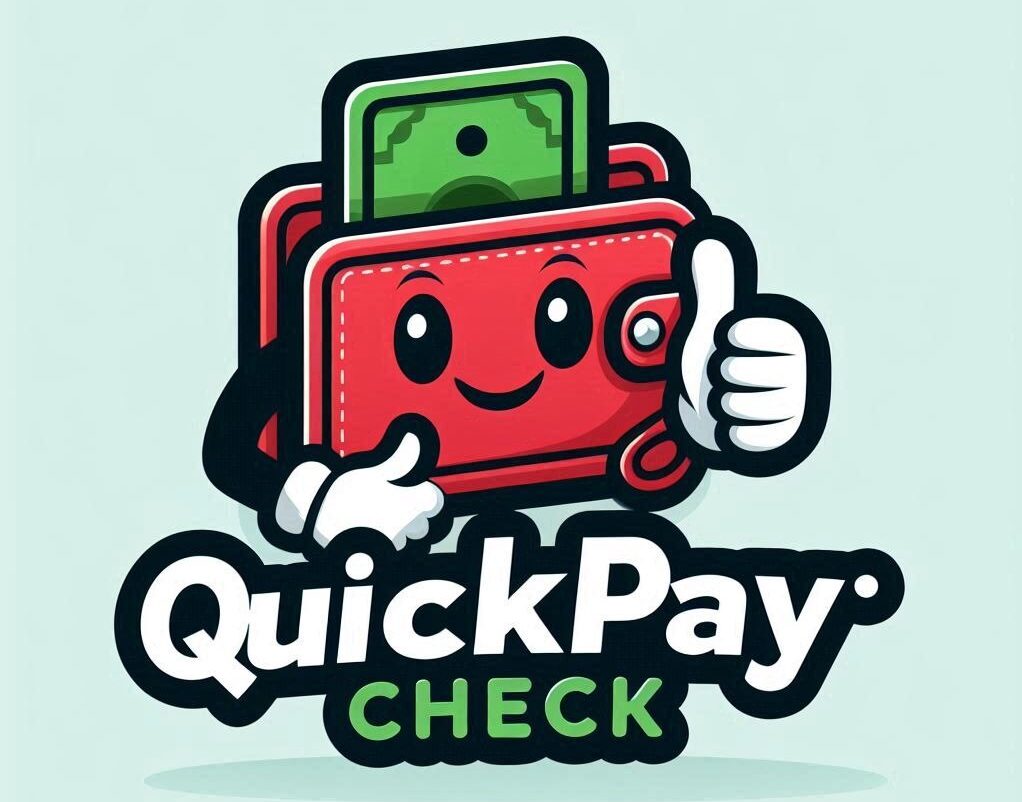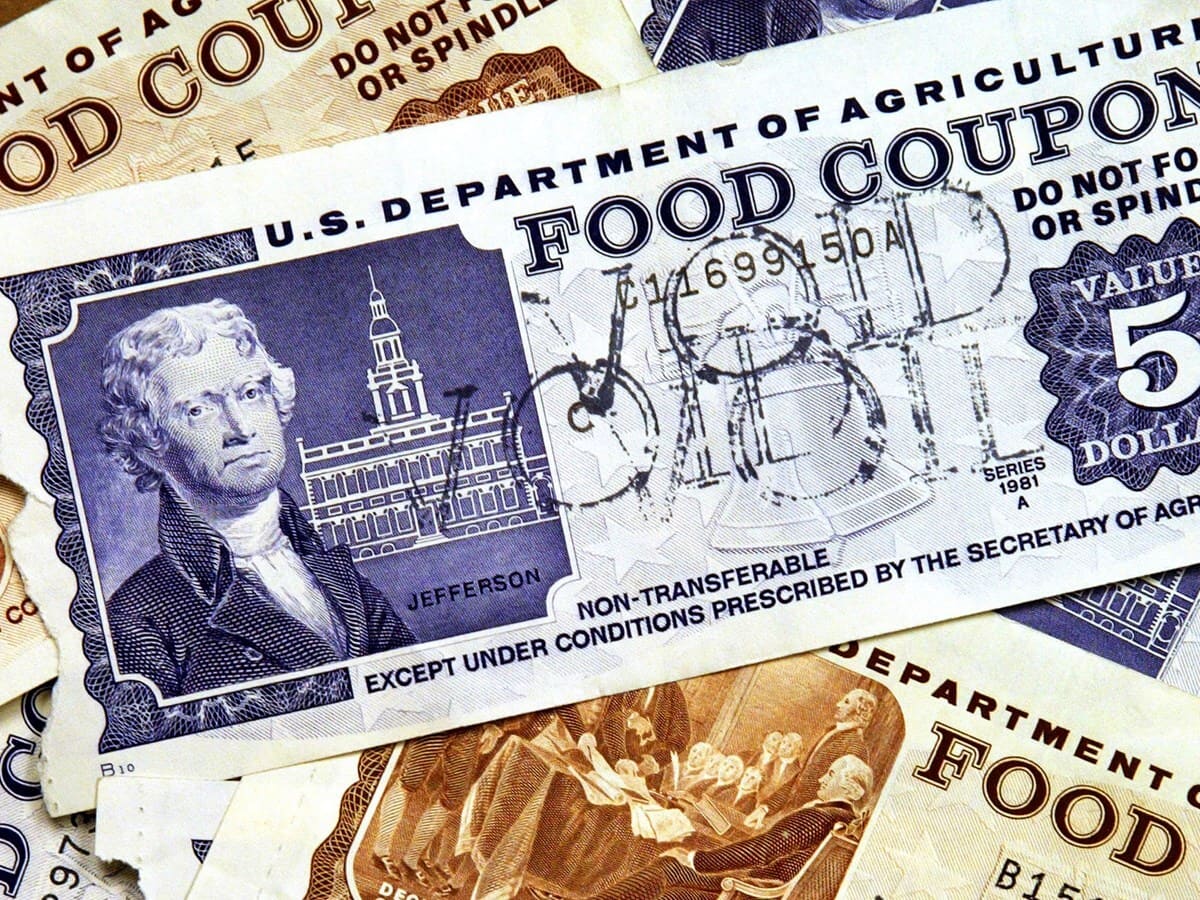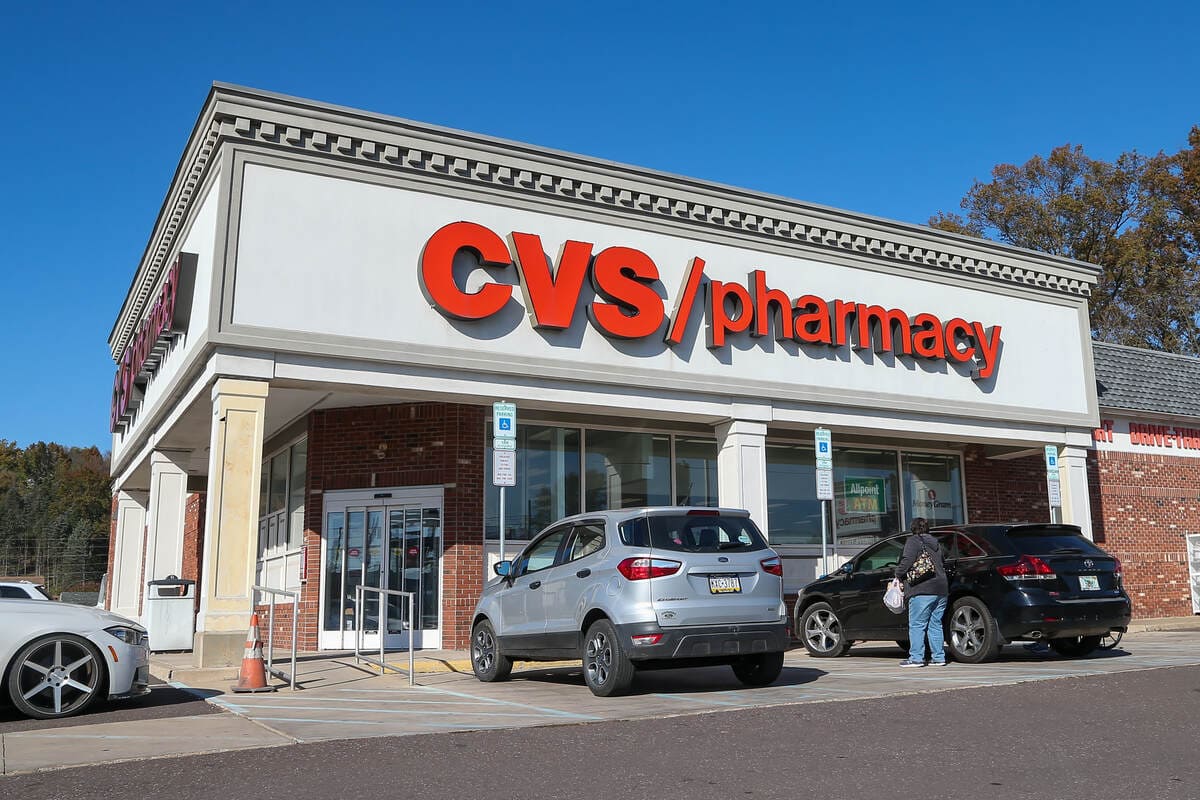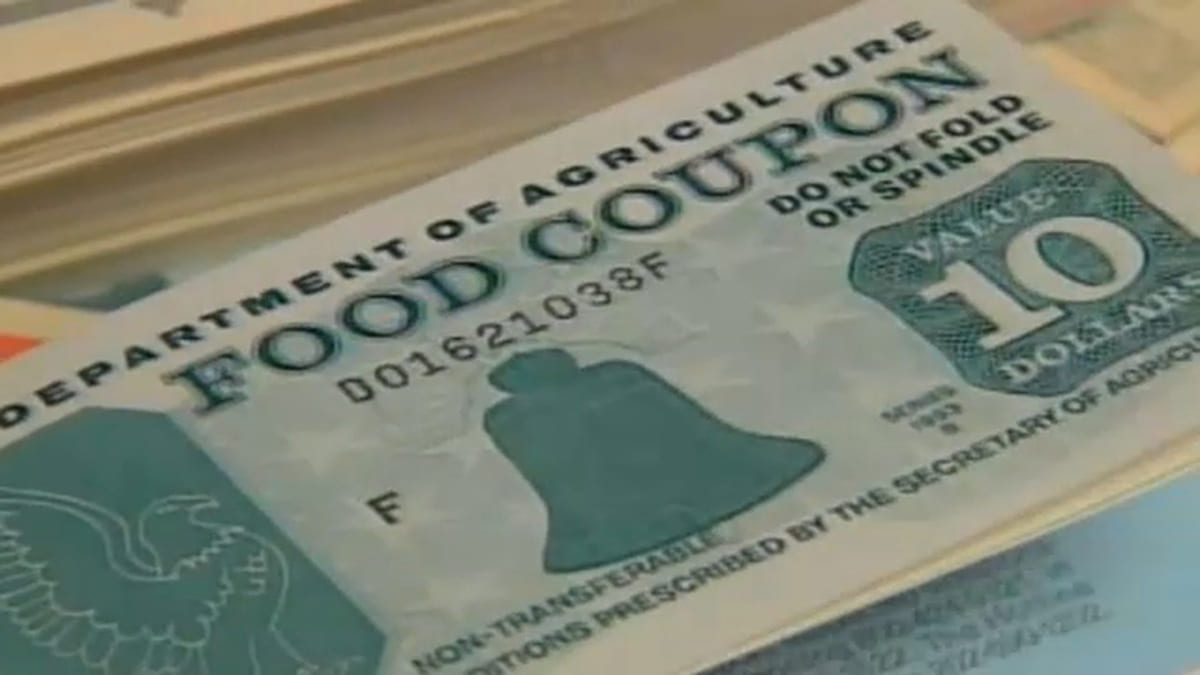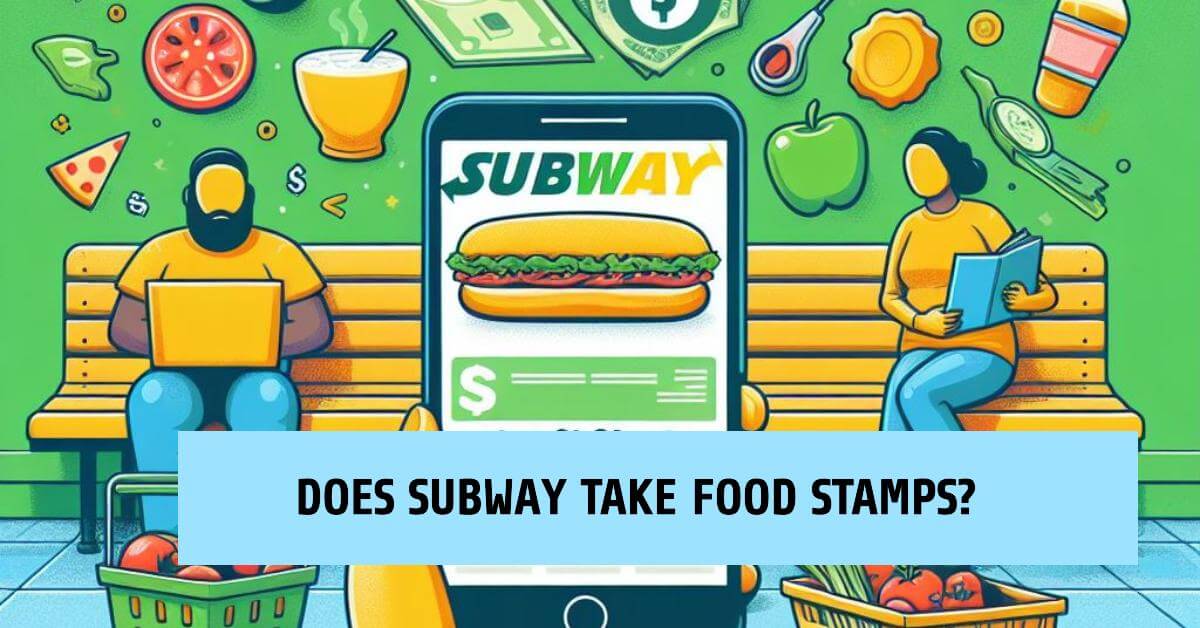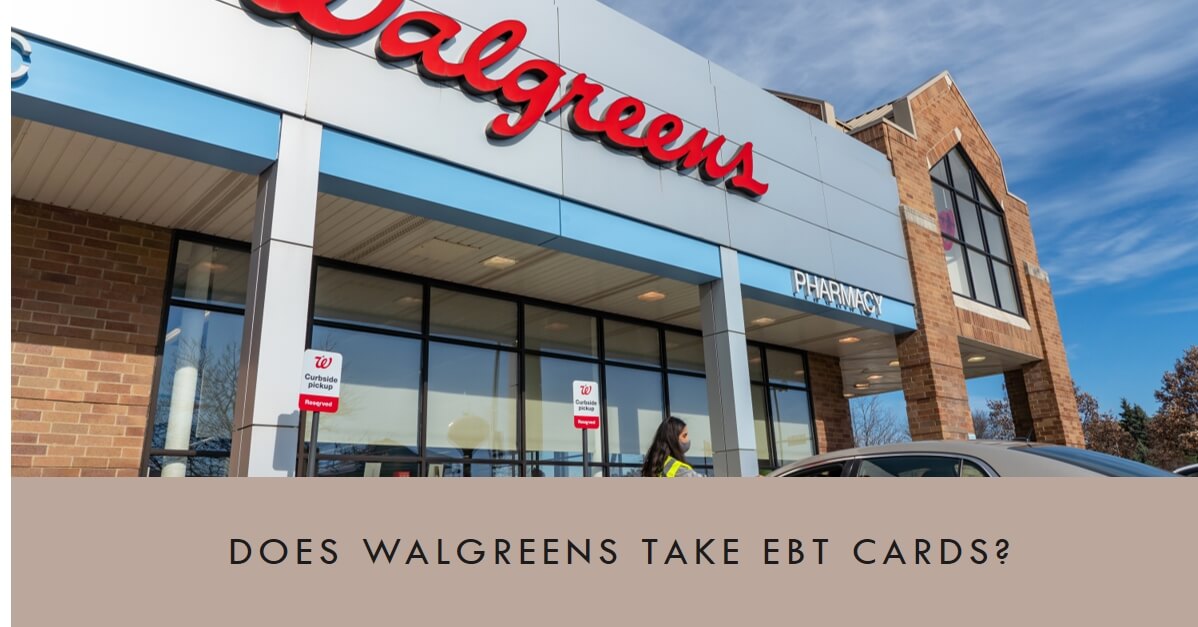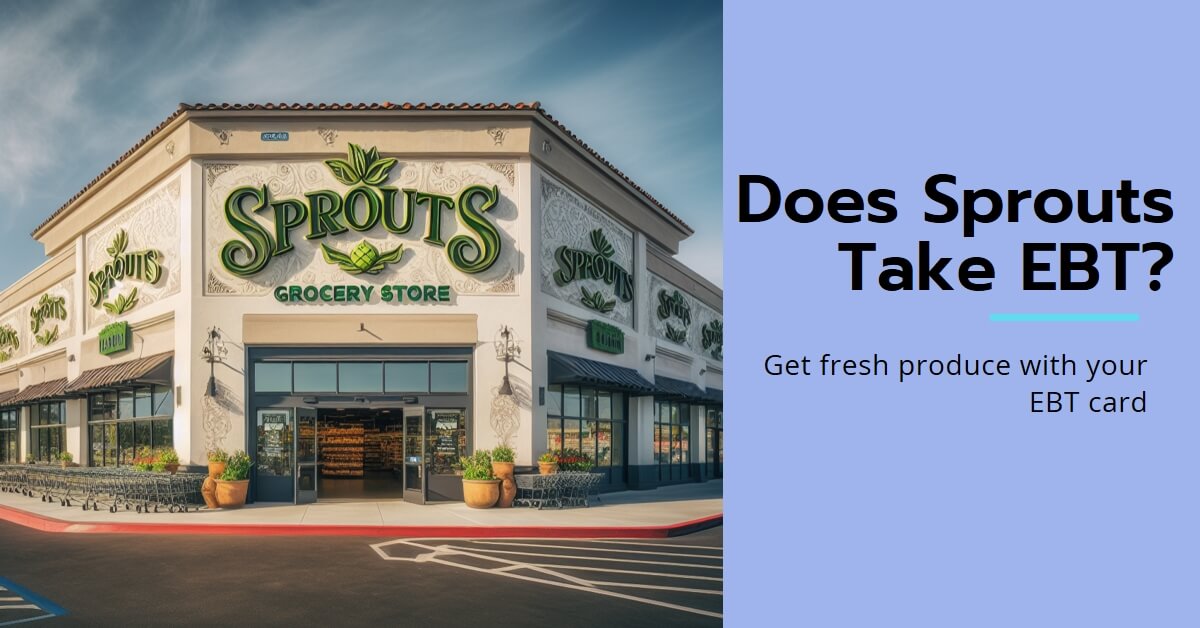Have you ever stood in line at the grocery store behind someone using an Electronic Benefits Transfer (EBT) card and wondered if they’re buying alcohol or cigarettes with your tax dollars? With myths and misconceptions abounding, it’s reasonable to be unsure about what food stamps actually cover.
So can people use SNAP benefits to purchase beer, wine, liquor, and other alcohol?
The short answer is no – with few exceptions, food stamps cannot be used to directly buy any kind of alcohol or tobacco. However, we’ll cover the details to gain a nuanced understanding.
In this comprehensive guide, we’ll clarify what items are eligible and ineligible for purchase with Supplemental Nutrition Assistance Program (SNAP) benefits, outline what the rules and restrictions are around alcohol specifically, and delve into related aspects around withdrawing Temporary Assistance for Needy Families (TANF) as cash.
What Are SNAP and EBT?
First, to level set key terminology, SNAP refers to the federal Supplemental Nutrition Assistance Program administered by the United States Department of Agriculture (USDA) under the Food and Nutrition Service (FNS). This is the formal name for what most of us call “food stamps” colloquially.
SNAP provides monthly benefits via an EBT card to supplement the food budget for low-income individuals and families. EBT stands for Electronic Benefits Transfer – this card system allows recipients to authorize transfers of their government benefits to pay for products at participating retailers.
Nearly 41 million Americans currently depend on SNAP benefits to afford groceries and essential household items. Many recipients are children, elderly adults, people with disabilities or veterans. SNAP participation eligibility and benefit amounts depend heavily on household size and income thresholds, which vary by state.
Okay, now that we’ve covered the key terminology and basics, let’s tackle the core question at hand: using SNAP benefits to buy alcohol.
The Straight Answer on Buying Alcohol With SNAP
The USDA strictly prohibits recipients from using SNAP funds through EBT cards to purchase alcoholic beverages. This restriction applies to all forms of alcohol like beer, wine, liquor, etc. The program guidelines also forbid using SNAP to buy tobacco, cigarettes, e-cigarettes or vaping products.
If you try swiping your EBT card to transact any alcohol or tobacco, the purchase will be denied immediately. These items are classified alongside other ineligible non-food products, such as pet food, cleaning supplies, cosmetics or kitchenware appliances.
The USDA particularly calls out that SNAP benefits account money is fully federal, meaning any use to knowingly buy alcohol or banned substances constitutes fraud. Doing so could prompt investigation, disqualification from the program, and even legal penalties for offenders found exchanging SNAP funds for unauthorized items repeatedly. Beyond alcohol, the same standards apply to trading EBT benefits illegally for cash, firearms, ammunition or controlled substances.
State agencies and recipient caseworkers thoroughly explain these purchase use rules upon enrollment in SNAP to prevent misuse. Therefore, confusion rarely stems from participants lacking proper guidelines. Instead, misunderstandings often originate from people observing others purchasing restricted items. However, this typically involves welfare cash assistance programs rather than SNAP. We’ll unravel that next.
Withdrawing TANF Cash for Alcohol
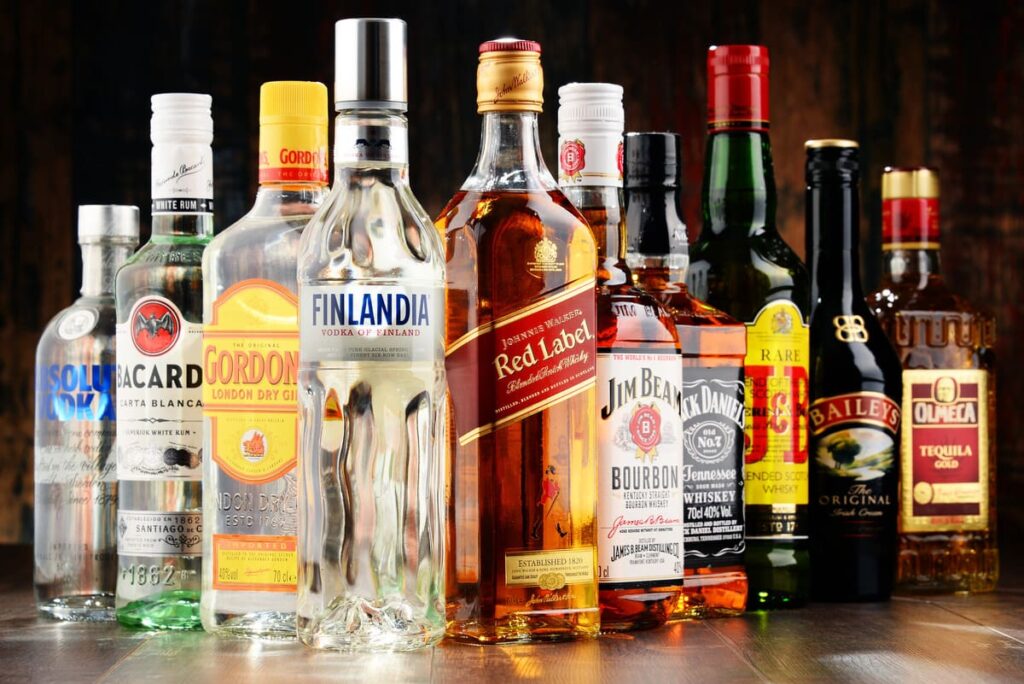
So if SNAP funds cannot buy alcohol directly in any scenario, how could this misperception develop?
The answer lies with a different needs-based program: Temporary Assistance for Needy Families (TANF). This welfare system similarly provides monthly monetary benefits to qualifying low-income households, including single parents, foster families, the disabled and unemployed adults.
One key difference is that state TANF agencies may choose to issue all or part of someone’s assistance as cash loaded onto their EBT card rather than restricted payments. When transferred to cash, beneficiaries can withdraw funds from ATMs to then spend at their personal discretion without restraint on eligible items. This indirectly enables liquor and tobacco purchases with those dollars. However, direct retail EBT card use still cannot transact alcohol or banned goods under TANF rules, similar to SNAP.
Additionally, many states enact individual laws barring TANF cash withdrawals from EBT cards at liquor stores, casinos, adult entertainment venues or other locations associated with vice. Using EBT cash to buy alcohol itself is not codified as illegal federally across TANF. But restrictions target limiting this activity, even if some potential workarounds exist.
Furthermore, TANF’s overarching intention focuses on promoting self-sufficiency through short-term financial assistance. So states often consider alcohol purchases as misusing welfare dollars that could go toward family essentials like food, rent, utilities, transportation, medical costs and job search assistance.
In summary, you cannot directly ring up beer, wine or tobacco using SNAP or TANF EBT benefit cards at any retailer. However, TANF cash withdrawals at ATMs could indirectly enable alcohol purchases through opportunity, not legality. All states take precautions to minimize this, although success rates vary.
Other Rules Restricting SNAP Alcohol Purchases
The USDA enforces several other policy rules specifically to prevent SNAP EBT benefit usage on alcohol, tobacco and other illegal transactions:
- Banning transactions at liquor stores, casinos, gambling outlets and adult-oriented entertainment venues: SNAP EBT is prohibited as acceptable tender at businesses focused on alcohol, tobacco, gambling, strip clubs and related establishments. These locations cannot participate as USDA-authorized SNAP retailers by default.
- Blocking various EBT cash withdrawals: As highlighted for TANF earlier, some states implement further limitations on SNAP cash withdrawals using EBT cards at liquor stores, gambling venues and similar places categorized as primarily marketing vice temptations. This restriction intends to curb potential EBT cash usage toward alcohol or tobacco afterward.
- No exchanging SNAP for unauthorized items: Trading SNAP benefits for anything outside of the predefined eligible food and household products represents fraud. This includes attempts to exchange SNAP funds on EBT cards directly toward alcohol, tobacco, cash money, weapons, ammunition, or illegal substances. Converting SNAP benefits illegally comes with steep penalties.
In essence, SNAP EBT operates analogous to a debit card restricted only to specific grocery store-type purchases. Any buying, selling or possession of controlled substances with SNAP violates federal law. And attempting to transact alcohol directly triggers automatic denial since retailers cannot redeem those items under SNAP governed by FNS guidelines.
Now that we’ve established the decisive stance limiting SNAP EBT usage on alcohol and related exploits, let’s spotlight key products you can buy with food stamp benefits.
What Food and Items Can You Buy With SNAP?
EBT cards accessed via SNAP PINs can legally purchase a wide range of grocery items to supplement nutritional intake for low-income households:
Eligible Foods
SNAP covers staple food products across categories like:
- Fruits and vegetables – Fresh, frozen, canned and 100% juice varieties.
- Meat, poultry and fish – Including beef, chicken, pork, lamb, turkey, eggs, deli slices and canned tuna or salmon.
- Dairy products – Milk, yogurt, cheese, kefir, soy milk, almond milk, rice milk, etc.
- Breads and cereals – Bread loaves, tortillas, pasta, oatmeal, grits, cereal, cornmeal, flour, crackers and baked goods.
- Snack foods & non-alcoholic drinks – Chips, pretzels, popcorn, nuts, granola bars, sparkling water, soda, coffee, tea, sports drinks, etc.
Other Eligible Items
Alongside direct food and beverage products, SNAP covers:
- Seeds and vegetable plants that yield food for household consumption later on.
- Bottled water and ice made for human consumption.
So in reviewing this SNAP eligible list, you can see how myths around buying alcohol with food stamps might develop when EBT cards get used at convenience stores selling liquor or attenuated drink products. However, system restrictions block their actual alcohol, tobacco and related purchases despite selling approved items too.
Let’s recap the key non-eligible items that solidify SNAP’s alcohol prohibition:
Ineligible Items
- Alcoholic beverages – Beer, wine, liquor, etc.
- Tobacco products – Cigarettes, e-cigarettes, chewing tobacco, etc.
- Live animals – Except certain shellfish or fish removed from water.
- Vitamins and medicines – Including supplements with a nutrition facts label.
- Prepared hot foods – Like rotisserie chicken or heated deli items.
- Pet foods
- Household supplies – Cleaning products, paper goods.
- Toiletries – Cosmetics, soaps, feminine products.
So in summary, SNAP aims to subsidize essential healthy foods for underprivileged families struggling financially. Banning alcohol supports program goals to allocate vital resources responsibly for recipients doing their best under difficult circumstances. This contrasts with the unhealthy stigma that low-income individuals waste welfare aid frivolously.
Hopefully this guide clarified the objective regulations around buying alcohol with SNAP benefits. Feel free to reference this article or contact the USDA with any other questions!
Conclusion: Key Takeaways on Alcohol Purchases
To conclude, here are the key takeaways on using SNAP EBT benefits versus TANF cash allotments when it comes to buying alcohol or tobacco:
SNAP
- Food stamp benefits loaded onto EBT cards cannot transact alcohol or tobacco purchases directly under any circumstances. Doing so triggers automatic denial.
- Attempting to exchange SNAP funds illegally for unauthorized cash, weapons, controlled substances or other banned items constitutes fraud with steep penalties.
TANF
- Welfare program money issued via EBT cards also cannot directly purchase alcohol or tobacco items with card swipes.
- Some states allow TANF assistance to be withdrawn as cash from ATMs. In those cases, beneficiaries could then potentially use money on alcohol or tobacco without restrictions. However, most states prohibit this practice.
- Regardless, TANF intends to support short-term critical needs for families, so alcohol purchases contradict that core aim for assistance funds.
With this context clarifying the federal food stamps prohibition on buying alcohol through EBT benefit usage, hopefully you feel more educated on how the system responsibly gates restricted items for recipients.
Let us know in the comments if this helped explain the logic or if you have any other questions!
